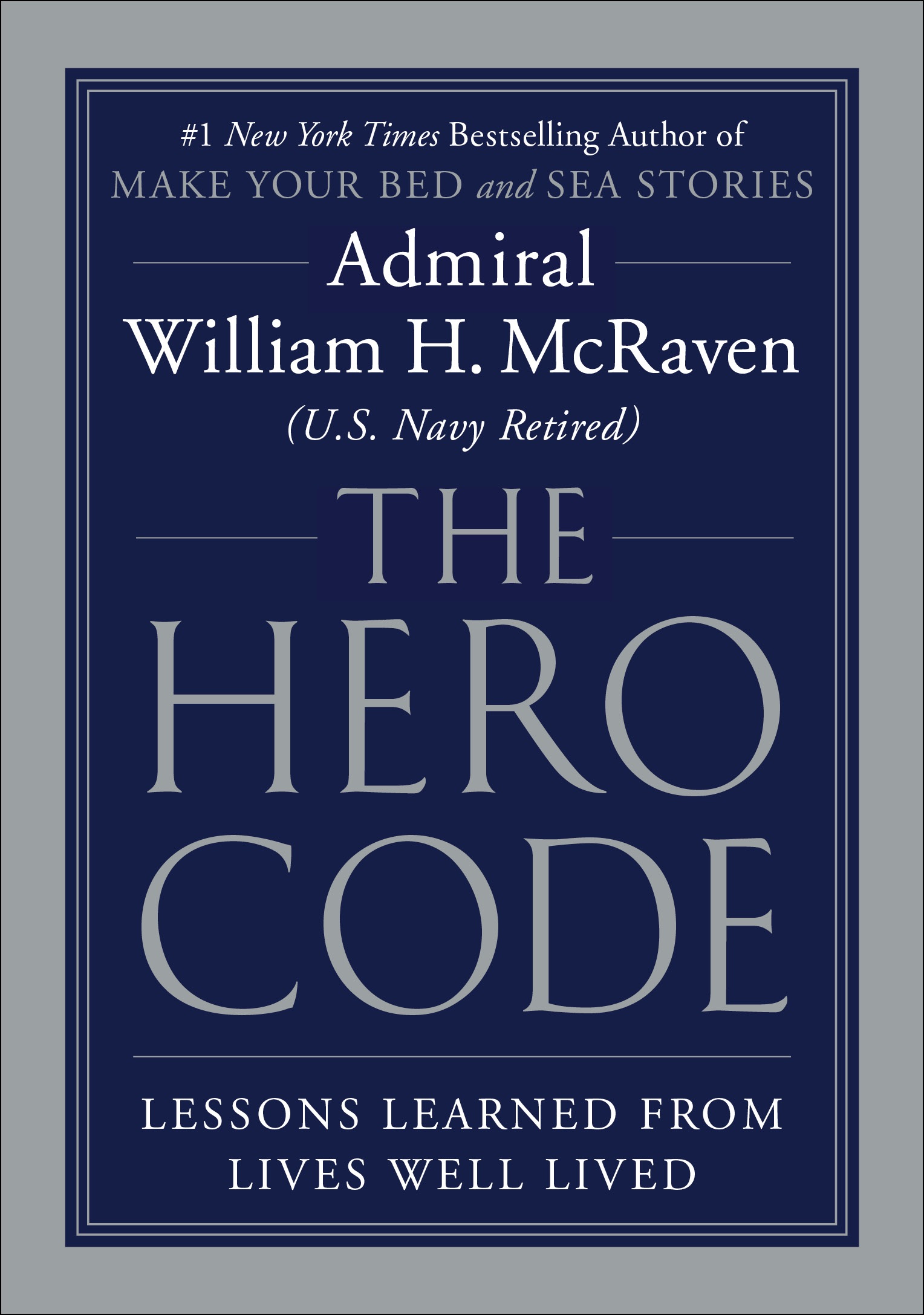
The Hedgehog and the Fox: An Essay on Tolstoy's View of History
by Isaiah Berlin
17 popular highlights from this book
Key Insights & Memorable Quotes
Below are the most popular and impactful highlights and quotes from The Hedgehog and the Fox: An Essay on Tolstoy's View of History:
Science cannot destroy the consciousness of freedom, without which there is no morality and no art, but it can refute it.
This, for both Schopenhauer and Tolstoy, is the central tragedy of human life; if only men would learn how little the cleverest and most gifted among them can control, how little they can know of all the multitude of factors the orderly movement of which is the history of the world; above all, what presumptuous nonsense it is to claim to perceive an order merely on the strength of believing desperately that an order must exist, when all one actually perceives is meaningless chaos –a chaos of which the heightened form, the microcosm in which the disorder of human life is reflected in an intense degree, is war.
Of course, like all over-simple classifications of this type, the dichotomy becomes, if pressed, artificial, scholastic and ultimately absurd. But if it is not an aid to serious criticism, neither should it be rejected as being merely superficial or frivolous: like all distinctions which embody any degree of truth, it offers a point of view from which to look and compare, a starting-point for genuine investigation.
Tolstoy was perfectly right to protest that history is not made to happen by the combination of such obscure entities as the ‘power’ or ‘mental activity’ assumed by naïve historians; indeed he was, in Kareev’s view, at his best when he denounced the tendency of metaphysically minded writers to attribute causal efficacy to, or idealise, such abstract entities as ‘heroes’, ‘historic forces’, ‘moral forces’, ‘nationalism’, ‘reason’ and so on, whereby they simultaneously committed the two deadly sins of inventing non-existent entities to explain concrete events and of giving free reign to personal, or national, or class, or metaphysical bias.
Tolstoy’s interest in history began early in his life. It seems to have arisen not from interest in the past as such, but from the desire to penetrate to first causes, to understand how and why things happen as they do and not otherwise, from discontent with those current explanations which do not explain, and leave the mind dissatisfied, from a tendency to doubt and place under suspicion and, if need be, reject whatever does not fully answer the question, to go to the root of every matter, at whatever cost.
A hedgehog will not make peace with the world. He is not reconciled. He cannot accept that he knows only many things. He seeks to know one big thing, and strives without ceasing to give reality a unifying shape. Foxes settle for what they know and may live happy lives. Hedgehogs will not settle and their lives may not be happy.
History alone – the sum of empirically discoverable data – held the key to the mystery of why what happened happened as it did and not otherwise; and only history, consequently, could throw light on the fundamental ethical problems which obsessed him as they did every Russian thinker in the nineteenth century.
What is a lost battle?... It is a battle one believes one has lost. ...
Sometimes Tolstoy comes near to saying what it is: the more we know, he tells us, about a given human action, the moreinevitable, determined it seems to us to be. Why? Because the more we know about all the relevant conditions and antecedents,the more difficult we find it to think away various circumstances, and conjecture what might have occurred without them; and aswe go on removing in our imagination what we know to be true, fact by fact, this becomes not merely difficult but impossible.Tolstoy’s meaning is not obscure. We are what we are, and live in a given situation which has the characteristics – physical, psychological, social – that it has; what we think, feel, do is conditionedby it, including our capacity for conceiving possible alternatives, whether in the present or future or past. Our imagination and ability to calculate, our power of conceiving, let us say, whatmight have been, if the past had, in this or that particular, been otherwise, soon reaches its natural limits, limits created both by the weakness of our capacity for calculating alternatives – ‘might have beens’ – and (we may add by a logical extension of Tolstoy’s argument) even more by the fact that our thoughts, the terms inwhich they occur, the symbols themselves, are what they are, are themselves determined by the actual structure of our world. Our images and powers of conception are limited by the fact that our world possesses certain characteristics and not others: a world too different is (empirically) not conceivable at all; some minds are more imaginative than others, but all stop somewhere.
History, only history, only the sum of the concrete events in time and space – the sum of the actual experience of actual men and women in their relation to one another and to an actual three-dimensional, empirically experienced, physical environment – this alone contained the truth, the material out of which genuine answers – answers needing for their apprehension no special sense or faculties which normal human beings did not possess – might be constructed.
...we never shall discover all the causal chains that operate: the number of such causes is infinitely great, the causes themselves infinitely small; historians select an absurdly small portion of them and attribute everything to this arbitrarily chosen tiny section.
No author who has ever lived has shown such powers of insight into the variety of life - the differences, the contrasts, the collisions of persons and things and situations, each apprehended in its absolute uniqueness and conveyed with a degree of directness and a precision of concrete imagery to be found in no other writer
these are the trivial ‘flowers’ of life, not the ‘roots’.
No one has ever excelled Tolstoy in expressing the specific flavour, the exact quality of a feeling – the degree of its ‘oscillation’, the ebb and flow, the minute movements (which Turgenev mocked as a mere trick on his part) – the inner and outer texture and ‘feel’ of a look, a thought, a pang of sentiment, no less than of a specific situation, of an entire period, of the lives of individuals, families, communities, entire nations.
Tolstoy’s genius lies in a capacity for marvellously accurate reproduction of the irreproducible, the almost miraculous evocation of the full, untranslatable individuality of the individual, which induces in the reader an acute awareness of the presence of the object itself, and not of a mere description of it, employing for this purpose metaphors which fix the quality of a particular experience as such, and avoiding those general terms which relate it to similar instances by ignoring individual differences – the ‘oscillations’ of feeling – in favour of what is common to them all.
THERE IS A LINE among the fragments of the Greek poet Archilochus which says: ‘The fox knows many things, but the hedgehog knows one big thing.’2 Scholars have differed about the correct interpretation of these dark words, which may mean no more than that the fox, for all his cunning, is defeated by the hedgehog’s one defence. But, taken figuratively, the words can be made to yield a sense in which they mark one of the deepest differences which divide writers and thinkers, and, it may be, human beings in general. For there exists a great chasm between those, on one side, who relate everything to a single central vision, one system, less or more coherent or articulate, in terms of which they understand, think and feel – a single, universal, organising principle in terms of which alone all that they are and say has significance – and, on the other side, those who pursue many ends, often unrelated and even contradictory, connected, if at all, only in some de facto way, for some psychological or physiological cause, related to no moral or aesthetic principle. These last lead lives, perform acts and entertain ideas that are centrifugal rather than centripetal; their thought is scattered or diffused, moving on many levels, seizing upon the essence of a vast variety of experiences and objects for what they are in themselves, without, consciously or unconsciously, seeking to fit them into, or exclude them from, any one unchanging, all-embracing, sometimes self-contradictory and incomplete, at times fanatical, unitary inner vision. The first kind of intellectual and artistic personality belongs to the hedgehogs, the second to the foxes; and without insisting on a rigid classification, we may, without too much fear of contradiction, say that, in this sense, Dante belongs to the first category, Shakespeare to the second; Plato, Lucretius, Pascal, Hegel, Dostoevsky, Nietzsche, Ibsen, Proust are, in varying degrees, hedgehogs; Herodotus, Aristotle, Montaigne, Erasmus, Molière, Goethe, Pushkin, Balzac, Joyce are foxes.
There is no kinship between Joseph de Maistre and those who really did believe in the possibility of some kind of return — neo-medievalists from Wackenroder and Görres and Cobbett to G. K. Chesterton, and Slavophils and Distributists and Pre-Raphaelites and other nostalgic romantics; for he believed, as Tolstoy also did, in the exact opposite: in the "inexorable" power of the present moment: in our inability to do away with the sum of conditions which cumulatively determine our basic categories, an order which we can never fully describe or, otherwise than by some immediate awareness of it, come to know.


